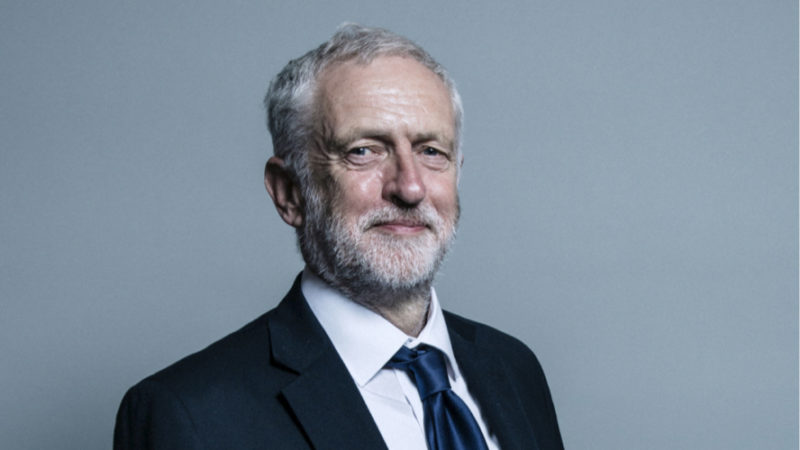
The Commons was enlivened by a debate on Trident replacement once again yesterday afternoon as the Defence Secretary was called to the Commons to answer an Urgent Question on his new £1.1bn contract – heavily trailed in the Sunday press – to redevelop the Rolls-Royce plant at Raynesway in Derby and to produce the reactor for the first of the submarines replacing Vanguard.
The idea of ordering a submarine reactor ahead of the main decision on constructing the rest of the submarine, at a cost of several hundred million pounds, is something I’ve repeatedly condemned in debates with the Defence Minister. As one part of the £4bn declared ‘necessary’ to design the submarines before the construction decision, it is simply part of achieving a fait accompli so that a future government’s hands are tied. On the Today programme yesterday morning, the Lib Dem Defence Minister said it would be down to a future government to negotiate its way out of the contracts in 2016, but the Defence Secretary yesterday afternoon clearly said that Rolls-Royce depend of the commitment of the government.
One only needs to look at yesterday’s Evening Standard to see the arguments stating that ‘Trident is too costly to cancel’. It was not made clear but it looks like we need to add another £500m to the Trident replacement tab if these new facilities are necessary. The whole thing is a project which everyone expects to grow in cost exponentially, and yesterday illustrated that it is already doing so.
I was encouraged to see more Labour MPs questioning the government. Not only Paul Flynn and Michael Connarty but the questions from David Lammy, Nick Brown and Sheila Gilmore show there is a serious debate to be had in the Labour Party. Why should police numbers be cut to pay for Trident, rather than the other way round, as David asked.
But given this announcement arguably adds £500m to the cost of delivering the replacement, it was disappointing that Labour’s frontbench response gave such a wholehearted welcome of the ongoing programme, rather than offering serious scrutiny.
Alison Seabeck wrote that ‘keeping our nation safe’ should be ‘above partisan politics’. Indeed it should, but how we achieve that should be open to discussion, particularly in the Labour Party. Even the government’s own National Security Strategy said the threat of another state attacking with nuclear weapons is now of ‘low-likelihood’ but we are cutting all manner of other defence and public sector programmes and workers while saving Trident.
The reports from last weekend’s National Policy Forum sound very positive for the future and Jon Cruddas’s appointment as chair of the policy review is welcome given he joined me and many other MPs in demanding a debate on Trident at annual conference in 2006 ahead of the Commons vote and he has argued in favour of scrapping Trident to focus on forces welfare or conventional equipment, I hope we can now have an honest and mature debate about our defence spending priorities.
Jeremy Corbyn is the Labour MP for Islington North.




More from LabourList
Sadiq Khan signals he will stand for a fourth term as London Mayor
Starmer or Sarwar: Scottish Labour MSPs and MPs split over Keir Starmer’s future
‘Every Lidl helps: What can the Government do to bring down food prices?’